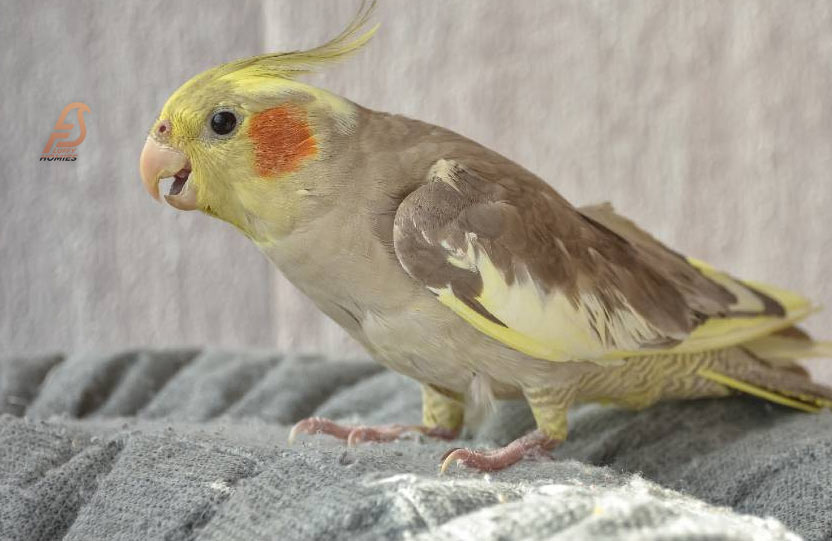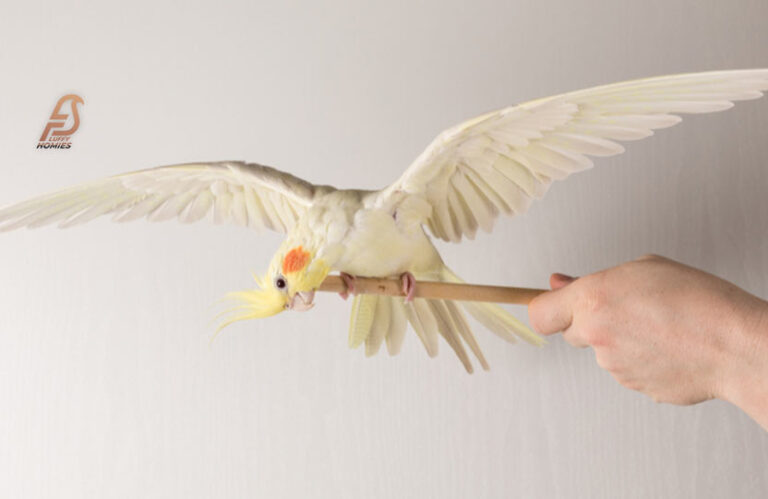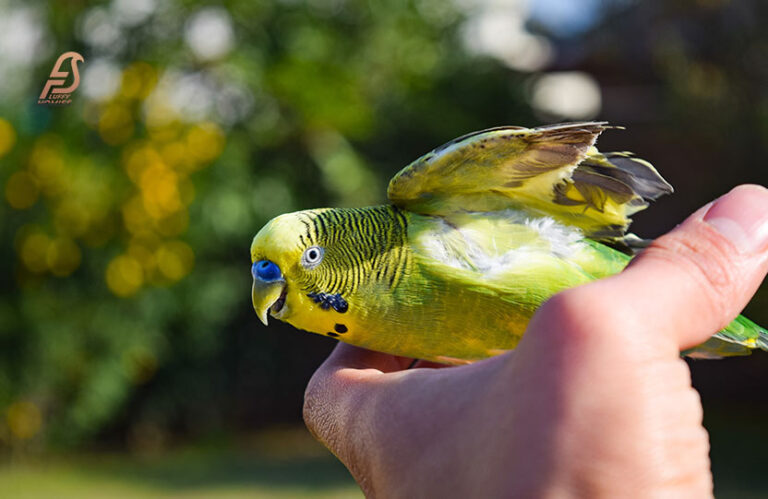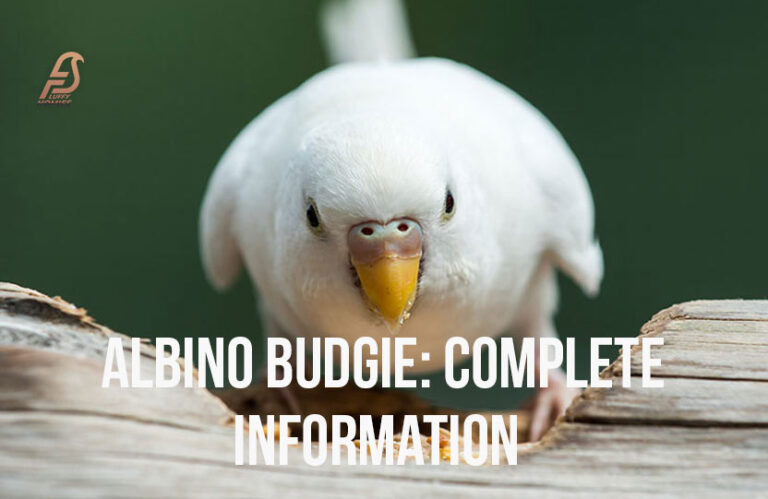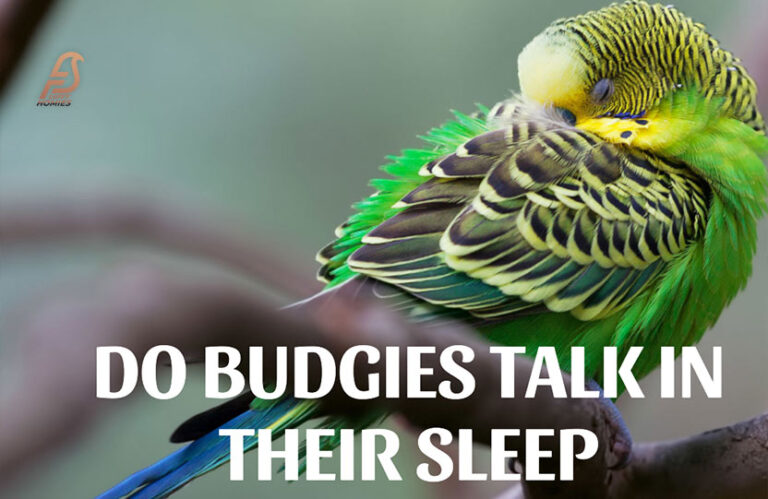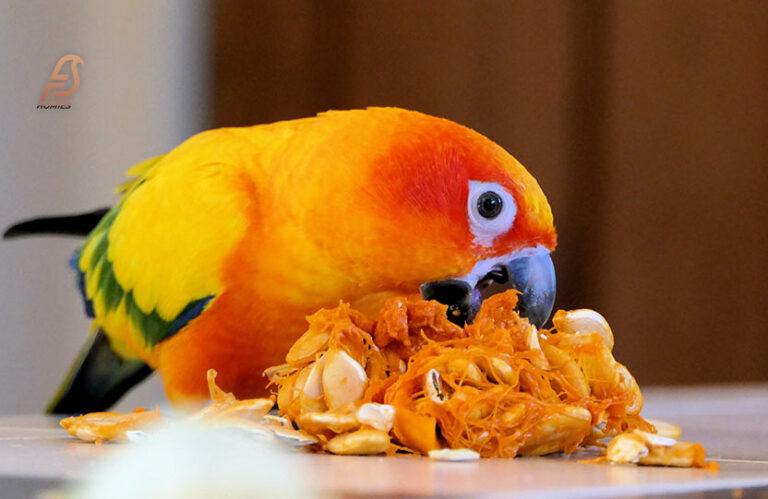Why Does My Cockatiel Hate Me (How to Fix It in 2023)
Cockatiels are social pets because they attach to their owners deliberately. They show happiness and aggressiveness. Then why does my cockatiel hate me?
Cockatiels are naturally affected by the environment and the owner’s behavior which makes them angry. Let’s check this query, why does my cockatiel hate me in detail?
Why Does My Cockatiel Hate Me?
There could be some reasons why your cockatiel appears to dislike you. Here are some possible explanations and suggestions for how to address the issue:
Your cockatiel doesn’t hate you
As was previously noted, it’s critical to keep in mind that birds lack the same emotional complexity as people and are unable to harbor the same kinds of hatred.
Your cockatiel may simply be acting out negatively because of one of the other causes mentioned below.
Afraid of you
Cockatiels can become afraid of their owners if they have had negative experiences or if they are not properly socialized.
It is important to approach and handle them gently and consistently to help them become comfortable.
Avoid making sudden movements or loud noises around them, and try to gradually build up the amount of time you spend interacting with them.
Feels neglected
Cockatiels are social animals and need regular interaction and attention from their owners. If they feel neglected, they may display negative behavior.
Make sure to set aside time each day to spend with your cockatiel, providing toys and engaging in interactive play.
Health condition
Health conditions can cause a cockatiel to act differently and may also cause them to be more sensitive to touch or handling.
If you suspect your cockatiel may be experiencing a health issue, it is important to consult with a veterinarian.
Lack of mental stimulation
Lack of mental stimulation can lead to boredom and negative behavior in cockatiels.
Make sure to provide plenty of toys and engage in interactive play to keep them mentally stimulated.
Unsuitable environment
The environment in which a cockatiel is kept can have a big impact on its behavior.
They need a spacious cage, plenty of natural light, and a suitable temperature. Make sure their living space is appropriate for their needs.
Turning on lights at night
Cockatiels are sensitive to changes in light and may become agitated if the lights are turned on at night. Try to maintain a consistent light schedule for your cockatiel.
Petting their backs
Some cockatiels do not like being petted on their backs and may display negative behavior as a result. Pay attention to your cockatiel’s body language and respect their boundaries.
Grabbing and chasing
Chasing or grabbing a cockatiel can be frightening and may cause them to become aggressive or fearful. It is important to handle them gently and with care.
Confusing routine
Consistency is important for cockatiels, and sudden changes in routine can cause stress and negative behavior. Try to maintain a regular schedule for feeding, play, and other activities.
There are also more interesting things about your birds such as why cockatiels eggs are not hatching and more.
Related Articles
Why Is My Cockatiel Puffed Up?
When Your Cockatiel Hates You but Loves Everyone?
There could be a variety of causes for your cockatiel’s behavior if it appears to detest you yet is nice with other people.
Your cockatiel can simply be warier or more sensitive than other birds and take longer to warm up to new people.
Another possibility is that you unintentionally gave your cockatiel a bad impression by handling them harshly or unintentionally startling them.
It is crucial to approach and handle your cockatiel with gentleness and consistency to address this issue, as well as to try to develop a positive relationship with them through interactive play and offering a lot of cerebral stimulation.
How Do You Know If Your Cockatiel Hates You?
Some signs help you define the emotions of your cockatiel for you.
Aggressive
If your cockatiel becomes aggressive towards you, such as by biting or lunging, this could be a sign that they are feeling threatened or distressed.
Screaming
Screaming or excessively loud vocalizations can be a sign of stress or discomfort in cockatiels.
Decreased vocalizations
If your cockatiel is normally vocal but suddenly becomes quiet or stops vocalizing altogether, this could be a sign that they are feeling stressed or unwell.
Crouching
Crouching or hunkering down can be a sign of submission in birds, but it can also indicate fear or discomfort.
Negative wing posture
If your cockatiel holds its wings away from its body or tucks them close to its sides, this can be a sign of discomfort or stress.
Stereotypical behaviors
Stereotypical behaviors, such as pacing or feather-plucking, can be a sign of boredom or stress in birds.
How to Tame Cockatiel Bird When It Gets Angry?
Here are some suggestions for taming a cockatiel when it becomes angry:
Stay calm
It is important to remain calm and not get angry or upset in response to your cockatiel’s aggression. Yelling or getting agitated will only escalate the situation and make it harder to tame your cockatiel.
Identify the cause
Try to identify the cause of your cockatiel’s anger. Are they feeling threatened or stressed? Do they have a health issue?
Understanding the underlying cause of their aggression can help you address the issue and prevent future outbursts.
Provide plenty of positive reinforcement
When your cockatiel is behaving well, be sure to provide plenty of positive reinforcement in the form of treats, praise, and affection. This can help to build a positive relationship and encourage good behavior.
Gradually increase handling
If your cockatiel is not used to being handled, it is important to gradually increase the amount of time you spend handling them.
Start by simply offering them treats and gradually work up to more extended periods of handling. Be sure to approach and handle them gently and consistently.
Seek professional help
If you are unable to tame your cockatiel or if their aggression persists, it may be helpful to consult with a veterinarian or an avian behavior specialist for guidance.
Cockatiel Personality and Habits
Naturally Lives in an Open Environment
Cockatiels are native to Australia and are used to living in open, grassy areas. In the wild, they live in large flocks and are social animals.
Long Life Span
With proper care, cockatiels can live for 15-20 years or longer.
Good at Socializing with Humans
Cockatiels are generally good at socializing with humans and can become very attached to their owners. They can be taught to mimic words and phrases and can be trained to do tricks.
Comical, Noisy, And Clingy
Cockatiels are known for their playful and comical personalities. They can be very vocal and are known for their distinctive whistling. They can also be clingy and crave attention from their owners.
Fast Learner
Cockatiels are intelligent birds and are known for their ability to learn quickly. They can be trained to do tricks and can learn to mimic words and phrases.
It is important to provide plenty of mental stimulation and training opportunities to keep them engaged and prevent boredom.
How to Regain a Cockatiel’s Trust?
If your cockatiel has lost trust in you, here are some steps you can take to try to regain their trust:
Identify the cause
Examine the circumstances that led to your cockatiel losing faith in you. Was there a specific event that made them feel anxious or upset? You may solve the problem and avoid future mistrust by figuring out the root cause.
Take things slowly
If your cockatiel is feeling anxious or scared, it is important to take things slowly and not push them to interact with you too quickly.
Gradually increase the amount of time you spend with them and try to build up a positive relationship through interactive play and treats.
Be consistent
Consistency is important for building trust with a bird. Try to maintain a regular schedule for feeding, play, and other activities, and be consistent in the way you approach and handle your cockatiel.
Avoid forcing interaction
If your cockatiel is not interested in interacting with you, do not try to force it. Respect their boundaries and give them space if they need it.
Provide a safe environment
Make sure your cockatiel’s living space is safe and appropriate for its needs. A spacious cage, plenty of natural light, and a suitable temperature can all contribute to a sense of security.
Why Does My Cockatiel Hate Me—Final Thoughts
It’s understandable to feel upset if your cockatiel seems to hate you, but it’s important to remember that birds are not capable of the same emotional range as humans.
There could be some reasons why your cockatiel appears to dislike you, including being scared or stressed, feeling threatened, not being properly socialized, or simply having a naturally timid personality.
It’s important to consider the context in which your cockatiel is displaying negative behavior and try to address the underlying cause.
With patience, understanding, and proper care, it is possible to build a positive relationship with your cockatiel.
FAQs
What to do if your cockatiel doesn’t like you?
Identify the cause, approach and handle gently, provide mental stimulation, maintain a consistent routine, and consult with a professional if needed.
How do I get a cockatiel to like me?
Offering treats can be a useful way to build a positive relationship with your cockatiel. Provide them with their favorite fruits and vegetables and keeps them safe and secure.
Why is my cockatiel mad at me?
There could be some reasons why your cockatiel is displaying negative behavior, including fear or stress, health issues, lack of mental stimulation, or an inappropriate environment. Identify the underlying cause and take steps to address it.
How do you bond with a scared cockatiel?
To bond with a scared cockatiel, use a low, inviting tone of voice to communicate with your cockatiel and try to build a positive relationship through interactive play and treats. Be patient and understanding as you work to bond with your scared cockatiel.
What are cockatiels afraid of?
Cockatiels can be afraid of a variety of things, including loud noises, night frights, sudden movements, and unfamiliar people or objects. They may also become scared if they feel threatened or if they have had negative experiences in the past.
